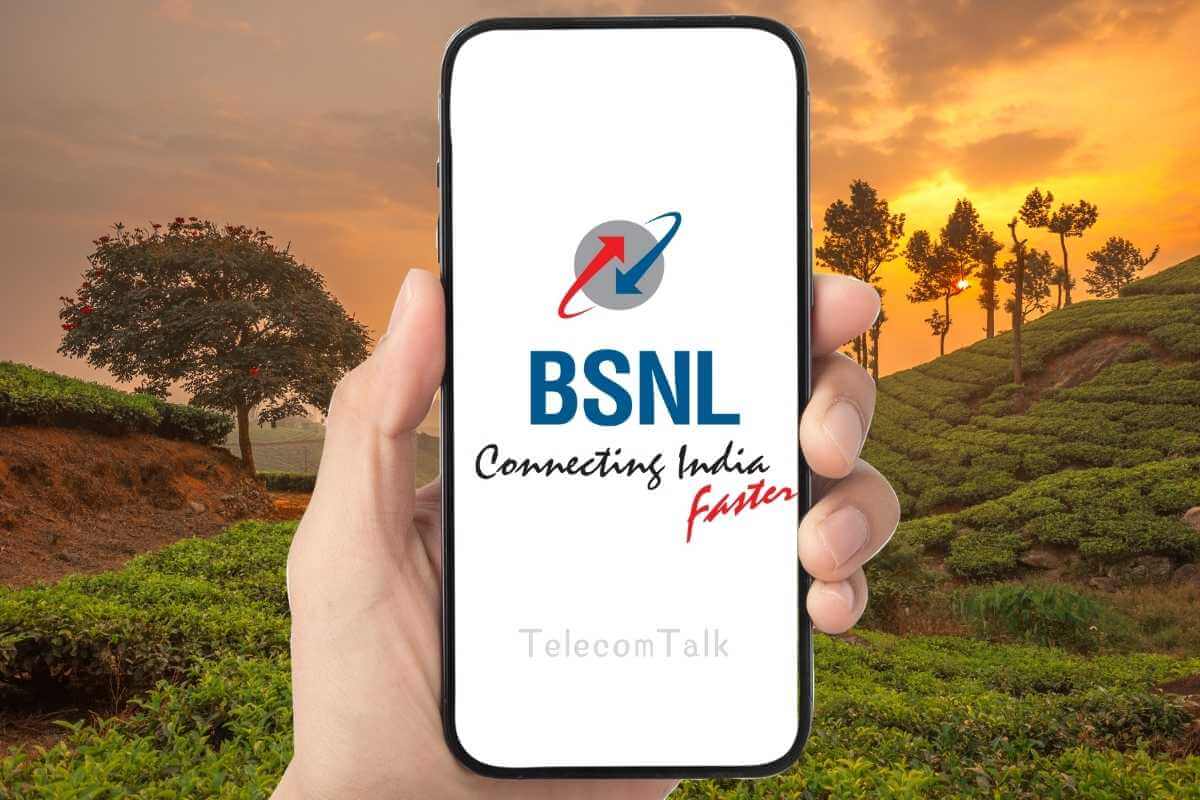
Bharat Sanchar Nigam Limited (BSNL), the state-owned telecommunications service provider, is on the verge of dipping below the three-digit mark of 100 million wireless subscribers. Based on the wireless subscriber numbers from TRAI's monthly reports, it is expected that BSNL will fall below this milestone in approximately 4-5 months or gradually.
According to the Telecom Subscription Data released by TRAI as of April 30, 2023, BSNL lost 729,096 wireless subscribers, bringing its subscriber base to 102,851,438.
Also Read: BSNL 4G: 431 Villages of Tamil Nadu Set to Experience High-Speed Connectivity
Wireless Subscriber Numbers from January
Since January 2023, BSNL/MTNL has been losing subscribers every month. In January, BSNL lost 1,491,445 subscribers. February saw a loss of 1,025,604 subscribers, followed by a decrease of 519,008 subscribers in March. In April, BSNL experienced a loss of 729,096 wireless subscribers.
Top Five Circles in Terms of Subscriber Base
As of April 2023, the top five circles of BSNL in terms of subscriber base are Tamil Nadu (9,899,833), Kerala (9,767,943), Uttar Pradesh East (8,652,063), Andhra Pradesh and TS (7,985,490), and Maharashtra and Goa (6,249,033) in that order.
Also Read: BSNL’s Rs 89,047 Crore Revival Package Approved by Cabinet, Includes 4G/5G Spectrum Allocation
Third Revival Package for BSNL/MTNL
BSNL's 4G launch has been highly anticipated, but its availability to users remains uncertain. With the declining subscriber base, even if BSNL launches 4G, there might be a limited number of subscribers left to utilize the services and contribute to the telco's returns.
The government has consistently supported BSNL, investing a significant amount of the nation's resources into the telecom provider. In 2019, the government approved the first revival package for BSNL/MTNL, amounting to Rs 69,000 crore.
In 2022, a second revival package was approved, totalling Rs 1.64 lakh crore. As part of the revival strategy, in June 2023, the Union Cabinet approved the third revival package for BSNL, with a total outlay of Rs 89,047 crores.
This package includes the allocation of 4G/5G spectrum for BSNL through equity infusion. The aim is for BSNL to emerge as a stable telecom service provider focused on providing connectivity to even the remotest parts of India. However, when examining the rural subscribers of BSNL, the numbers present a different story.
Rural Subscribers
Although BSNL claims to serve rural India with connectivity, the number of rural subscribers has seen a decline too. BSNL serves significantly fewer subscribers in rural India compared to private telcos. According to TRAI data, rural subscribers of BSNL stood at 33,260,909 in January and 32,163,139 in April 2023, witnessing a decline. In contrast, the rural subscribers of private telcos surpass the 100 million subscribers.
Also Read: BSNL Will Stop Losing Users From Oct-Nov, Says Telecom Minister: Report
BSNL Wireless Subscribers
In April 2023, according to TRAI data, BSNL/MTNL lost wireless subscribers in all circles except Assam, Bihar, Gujarat, Himachal Pradesh, Jammu and Kashmir, Tamil Nadu, Uttar Pradesh East, and West Bengal.
However, even in these circles, the additions are not consistent. Only Bihar, Tamil Nadu, and West Bengal saw continuous subscriber additions from January until now.
Active Wireless Subscribers
Looking at the VLR percentage (Active Wireless Subscribers), the maximum BSNL achieved in April 2023 was just 51.73 percent, indicating that almost half of its users are not active on its network. VLR of MTNL stood at 27.52 percent.
Conclusion
BSNL has been gradually losing subscribers since January 2023, with 105,125,146 in January, 104,099,542 in February, 103,580,534 in March, and 102,851,438 overall subscribers recorded in April 2023. If the subscriber loss continues at this pace, BSNL is on the brink of falling below the 100 million subscriber mark, approaching the two-digit million subscriber range.
Also Read: BSNL 4G Services Available in These Circles on Limited Scale
Forget 3G (being phased out globally), 4G or 5G; the least users expect from BSNL is proper voice or quality 2G services, which these subscribers numbers have already shown us whether BSNL is able to provide them or not. However, it has to be noted that BSNL soft-launched BSNL 4G Services in a few locations a few years back, and BSNL customers in those few areas may be able to use the services.















